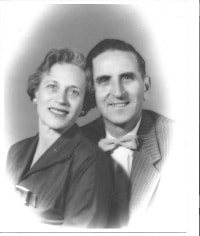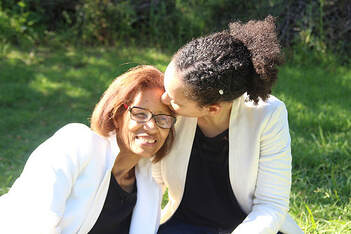
Whether you like it or not, Facebook has changed the way we interact, communicate, and share information. Much of our lives revolve around social media so it was inevitable that it now plays a major role in death.
Facebook has become integral in how we:
- Announce a death.
While Facebook has not replaced obituaries, it has become a common source of death announcements. By its nature, Facebook communications target friends or acquaintances and through its sharing feature, spreads the word that there has been a death. - Communicate funeral information.
Facebook facilitates communications of funerals, visitations, memorial services, and other mourning rituals. It’s easier to post the information once rather than sending numerous emails or making individual phone calls. Not only can you post this information on your Facebook or loved one’s Facebook page but, you can create a “memorial” event and invite your Facebook friends. - Find a place to grieve.
Facebook allows you to memorialize a deceased member’s Facebook page. This feature creates a space to grieve both individually and collectively. A friend, whose nephew died far away, found his Facebook memorialized page comforting. She viewed the photos and read and re-read the stories about her nephew. She had a pool of fellow grievers who were keenly feeling the same loss. - Post condolences.
When a death announcement appears on Facebook, friends feel an immediate urge to respond and post condolences. This may provide quick comfort to the bereaved but unfortunately, it dampens the initiative to write a sympathy note. - Generate ongoing support.
A memorialized page, or your own Facebook page, provides a place to share future birthdays and death anniversaries of your loved ones – a continuing opportunity for friends to express their condolences, memories, and share their photos. Facebook has lifted the taboo of mentioning deceased loved ones over a long period of time.
Facebook has made grief and loss a more open part of our culture. And that’s a good thing.
Robbie Miller Kaplan is an author who writes from a unique perspective as a mother who has lost two children. She has written How to Say It When You Don't Know What to Say, a guide to help readers communicate effectively when those they care about experience loss, available in ebooks for "Illness & Death," "Suicide," "Miscarriage," "Death of a Child," "Death of a Stillborn or Newborn Baby," "Pet Loss," "Caregiver Responsibilities," "Divorce" and "Job Loss." All titles are in Amazon's Kindle Store.
Image via stock.xchng / blary54









 RSS Feed
RSS Feed
